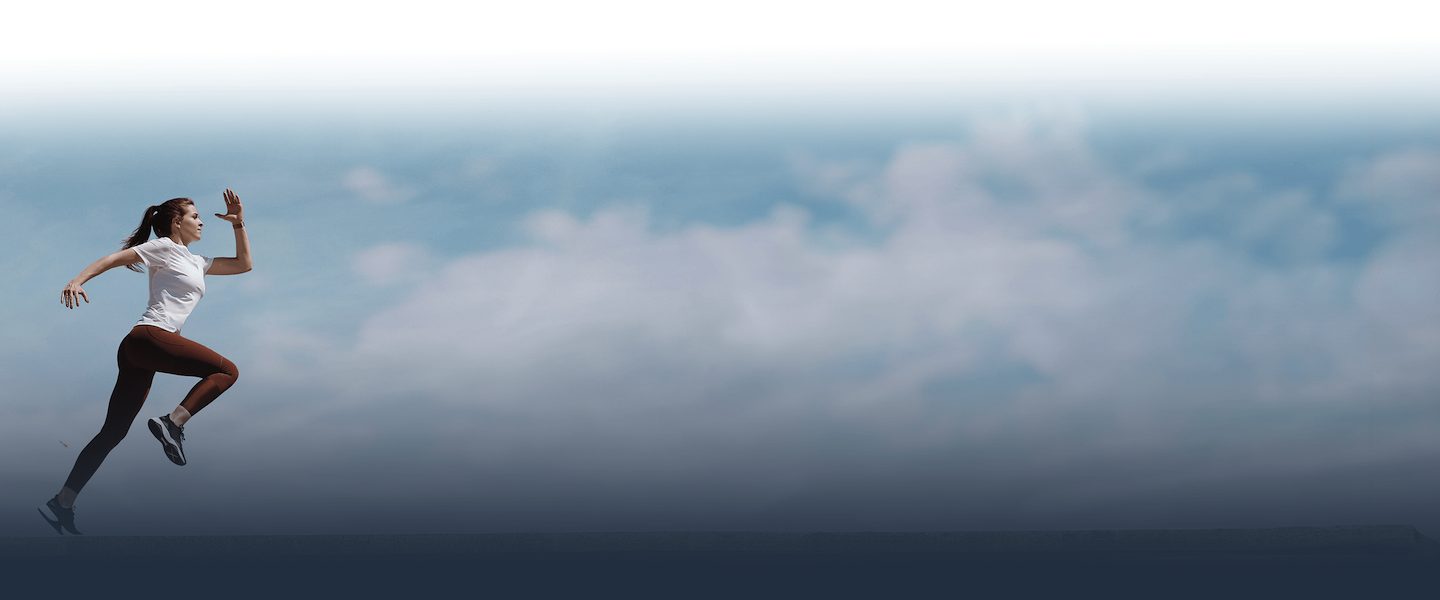
Physical Therapy
Not all herniated discs cause pain and discomfort, but when they do, the pain can be intense. NexGen Orthopedics offers the most innovative, ultra-minimally invasive techniques available for acute or chronic pain conditions like herniated discs.
Discs are the rubbery cushions between the vertebrae in your spine. When there’s a tear in the tough exterior, the soft center can push through. This can start off as a bulging disc and progress to a herniated or ruptured disc.
Causes can include:

Sciatica is one of the most common symptoms of a herniated disc in the lower back. Pressure on the sciatic nerve can cause pain, tingling, numbness, or burning that radiates from the hip or buttock into the leg and even into the foot.
Cervical (Neck) pain can arise in the form of dull or sharp pain in the neck or between the shoulder blades. The pain can radiate down the arms to the hands or fingers. Pain, numbness or tingling in the shoulder or arm is also very common.
Other Symptoms

The NexGen Orthopedics team will complete a thorough physical exam to review your symptoms and locate the exact source of pain. Once completed, we may suggest an X-ray and/or MRI of the area to confirm your diagnosis.

Based on your confirmed diagnosis, we’ll create a personal plan of care to relieve your symptoms and reduce your pain. Your treatment plan may include:
Let’s talk about a personalized treatment plan to help you put your pain in the past, for good.
Our experienced orthopedic team offers several ultra-minimally invasive spinal surgery techniques as an alternative to traditional procedures relying on a large incision.
During ultra-minimally invasive spinal surgery, your doctor creates tiny incisions using specialized surgical tools. The advantages of ultra-minimally invasive surgery include faster recovery times with less pain, fewer risks of complications and scarring, and improved outcomes.

“Without them I wouldn’t be able to do what I do!”
Joey M./ Firefighter, Former Active Duty


Schedule your appointment today to start your journey to a pain-free, more mobile life.